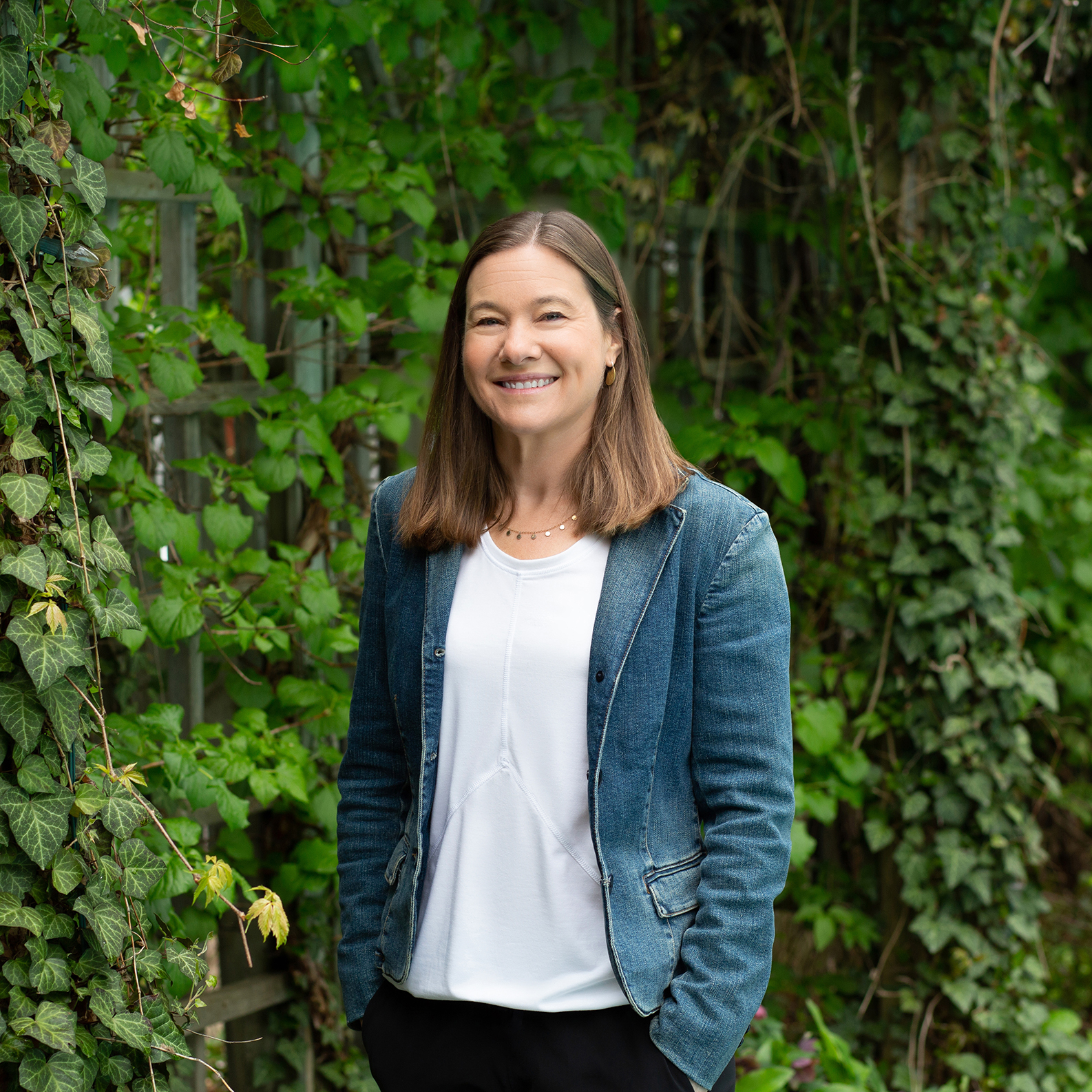‘You’re not alone’: Members explain why the need is important
The Physician Health Program has introduced a Peer Support Program which connects physicians with trained physician colleagues who offer a listening ear, emotional support and, where appropriate, guidance.
“I think there can be a lot of shame for physicians when they feel like things aren’t going the way they thought they were supposed to be,” says Dr. Caroline Bowman, a family physician in Collingwood who is also a peer supporter with the program. “And I think that people can hold that in.”
Dr. Bowman notes that it’s often helpful to speak to a fellow physician, someone who understands the culture of medicine and the current climate in health care.
“A conversation like this with somebody who gets it, who’s like, ‘I hear you. … You’re not alone,’ I think that can be … extremely helpful for people.”

The Peer Support Program, with trained physicians from various specialties, is the result of careful planning and consultation. The OMA conducted focus groups with physicians to understand what’s valuable, accessible and meaningful, says Beth Collison, clinical co-ordinator with the Physician Health Program.
She says connections with peers had already been happening organically but has now been formalized in the Peer Support Program which increases access to peer support for physicians.
One of the things they stress is the program’s confidentiality.
“It’s a pretty safe and easy way to reach out for help,” says Dr. Bowman, adding information you give to your peer supporter is never kept on a record.
The Peer Support Program is an intentional supportive conversation, rather than a quick hallway chat, Collison says. “Both [peers] are setting time aside, and it’s private, so it’s confidential as well.”
Dr. Caroline Bowman, a family physician in Collingwood and a peer supporter with the Physician Health Program.
“To be able to speak to someone who 'gets it' and has managed to slay or subdue the same beast you're facing is invaluable. It is possible and you're not alone.” – Testimonial from peer support network participant”
They emphasize that the program is not intended to be a replacement for therapy.
No matter their specialties, peer supporters are “staying in that lane” and will not be diagnosing or treating, Collison says.
They can also help connect you to additional services within the Physician Health Program if you are looking for further support.
“It may just be that people need somebody to validate that what they’re going through is hard,” says Dr. Bowman, noting that many people just want someone to talk to who understands where they’re coming from.
Looking to connect with a peer supporter? Peer support conversations can occur in multiple formats depending on your comfort level, including over the phone, a video call or, where possible, an in-person meeting.
Call the main PHP intake line at 1-800-851-6606 or email php@oma.org to request to be connected with a PHP peer supporter and check out our peer support web page for more information.
Those interested in signing up to be a PHP peer supporter or obtain peer supporter training for their workplace can email peersupport@oma.org.
Jessica Smith is an OMA staff writer.